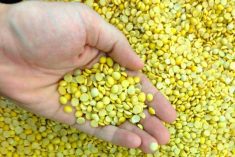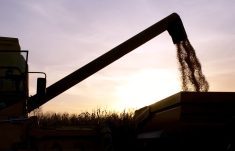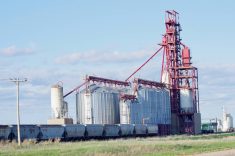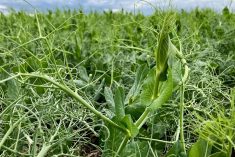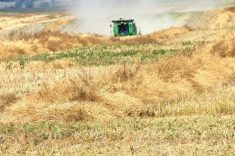(Resource News International) — The formal end of Canada’s trade dispute with the European Union over genetically modified organisms (GMOs), announced Wednesday, is seen as a benefit for the country’s canola sector.
“The Canadian government has worked really hard on this and we really appreciate all their efforts,” JoAnne Buth, president of the Canola Council of Canada, said Thursday.
Canada’s case at the World Trade Organization (WTO) was originally brought against the EU in 2003 due to delays in getting approval for GM events in canola. All of those approvals have since been made, the last coming in March 2009, said Buth.
Read Also
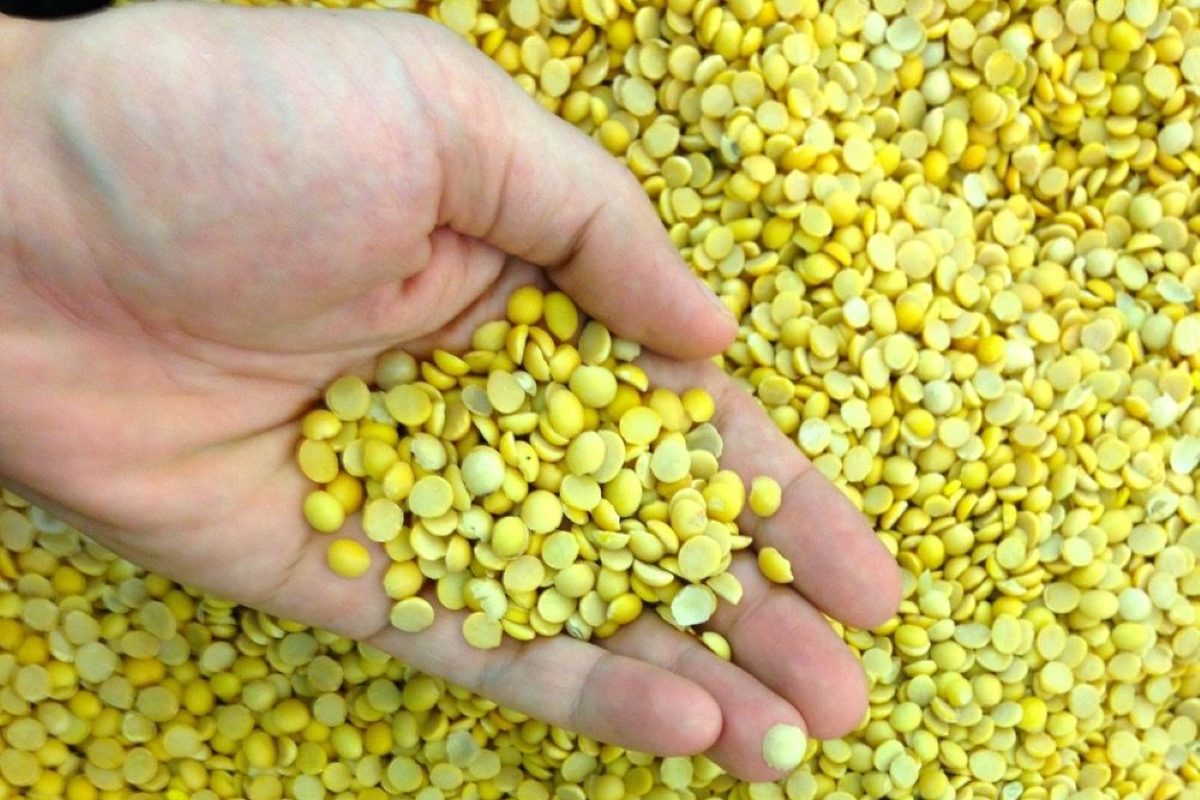
Pulse Weekly: India imposes 30 per cent tariff on yellow peas
Pulse Canada is quite unhappy with the Indian government’s recent move to slap a 30 per cent tariff on its yellow pea imports, said the pulse organization’s board chair Terry Youzwa.
With no more applications pending, she said, the dispute has now reached its formal conclusion.
Under the mutually agreed solution between Canada and the EU, officials will meet twice a year to discuss issues related to biotechnology and the trade in agriculture and agri-food products.
That ongoing dialogue is the important factor now, Buth said.
While there have been no issues with GM canola from a scientific perspective, she said, there is still a large political component to the approval system in Europe, which can make things unpredictable.
Separate trade cases by the U.S. and Argentina regarding soybeans and corn have still not been resolved, she noted.
For canola, the end of the WTO dispute means that Canada has access to the European market, Buth said, although she added that current prices are unlikely to generate any European business.
Europe has never been a consistent customer for Canadian canola, she said, as the region produces a lot of rapeseed for its own domestic biodiesel industry and also has easy access to Eastern Europe’s production.
However, she said, it was important for Canada to have the option to sell canola to Europe and expected to see exports to the EU at some point in the future when market signals are right.



